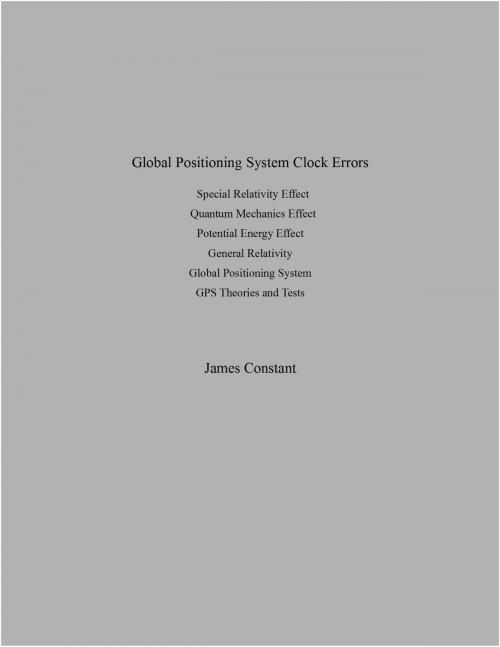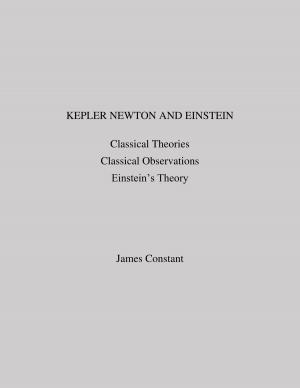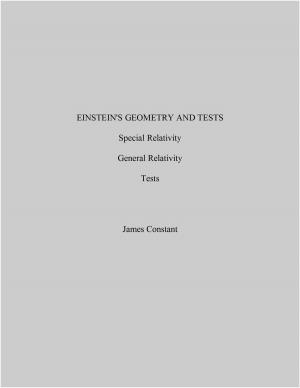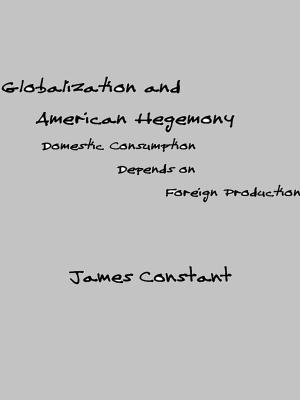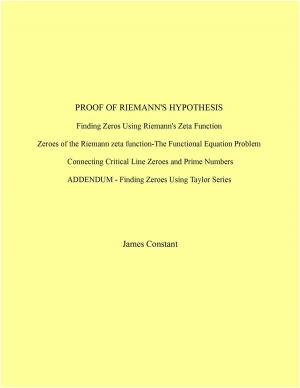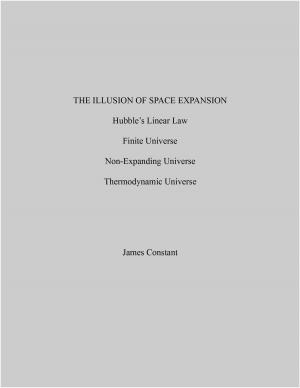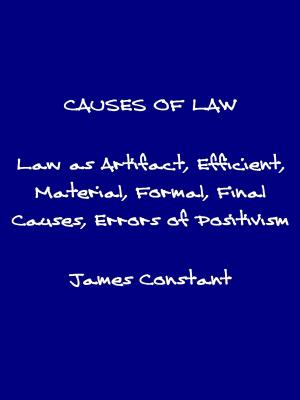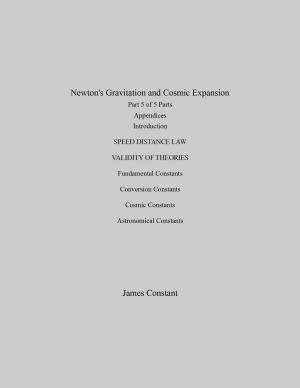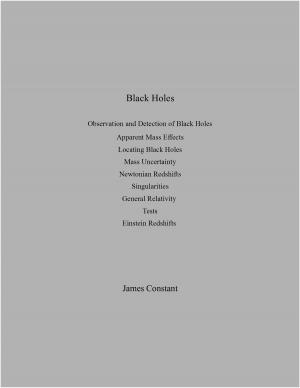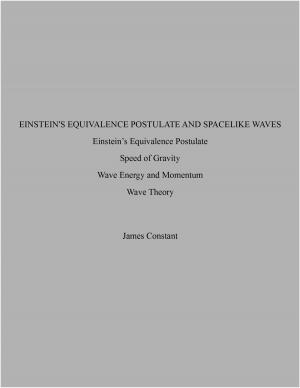| Author: | James Constant | ISBN: | 9781311036162 |
| Publisher: | James Constant | Publication: | January 11, 2016 |
| Imprint: | Smashwords Edition | Language: | English |
| Author: | James Constant |
| ISBN: | 9781311036162 |
| Publisher: | James Constant |
| Publication: | January 11, 2016 |
| Imprint: | Smashwords Edition |
| Language: | English |
Atomic clocks in circular motion above Earth are subject to special relativity, quantum mechanics and potential energy effects. General Relativity fails to distinguish between these different effects. To do this would require incorporating quantum mechanics, especially Bohr's second condition ΔE=hν into General Relativity, an impossibility because of different objects and laws of nature. While quantum mechanics is concerned with very small objects under laws of the uncertainty principle, General Relativity is a deterministic theory concerned with very large cosmic objects. While quantum mechanics is concerned with very small objects under laws of the uncertainty principle, General Relativity is a deterministic theory concerned with very large cosmic objects
Following Brillouin, I use an Euclidean space and quantized atomic clocks which at rest give locally a time definition independent of gravity potentials. First, I assume a single non-rotating frame of reference, representing a non-rotating Earth creating a constant gravity field. In this non-rotating frame of reference all clocks at rest are exactly synchronous locally whatever the gravity potential might be.[2] In this non-rotating model, I use an atomic clock, whose properties are defined by the laws of quantum mechanics. This clock is at rest with respect to the non-rotating frame of reference, whether there exists a gravity field or not. In other words, being unsensitive to gravity fields, all clocks at rest in a non-rotating frame of reference at rest with respect to the Earth will have exactly synchronous frequencies.
Second, I assume a rotating frame of reference in motion representing a rotating Earth. All atomic clocks at rest with respect to the rotating frame of reference will also have exactly synchronous frequencies. For example, clocks aboard geosynchronous satellites will have exactly synchronous frequencies with clocks on the ground. Clocks aboard non-geosynchronous satellites will have different frequencies in error with respect to clocks on the ground.
Atomic clocks in circular motion above Earth are subject to special relativity, quantum mechanics and potential energy effects. General Relativity fails to distinguish between these different effects. To do this would require incorporating quantum mechanics, especially Bohr's second condition ΔE=hν into General Relativity, an impossibility because of different objects and laws of nature. While quantum mechanics is concerned with very small objects under laws of the uncertainty principle, General Relativity is a deterministic theory concerned with very large cosmic objects. While quantum mechanics is concerned with very small objects under laws of the uncertainty principle, General Relativity is a deterministic theory concerned with very large cosmic objects
Following Brillouin, I use an Euclidean space and quantized atomic clocks which at rest give locally a time definition independent of gravity potentials. First, I assume a single non-rotating frame of reference, representing a non-rotating Earth creating a constant gravity field. In this non-rotating frame of reference all clocks at rest are exactly synchronous locally whatever the gravity potential might be.[2] In this non-rotating model, I use an atomic clock, whose properties are defined by the laws of quantum mechanics. This clock is at rest with respect to the non-rotating frame of reference, whether there exists a gravity field or not. In other words, being unsensitive to gravity fields, all clocks at rest in a non-rotating frame of reference at rest with respect to the Earth will have exactly synchronous frequencies.
Second, I assume a rotating frame of reference in motion representing a rotating Earth. All atomic clocks at rest with respect to the rotating frame of reference will also have exactly synchronous frequencies. For example, clocks aboard geosynchronous satellites will have exactly synchronous frequencies with clocks on the ground. Clocks aboard non-geosynchronous satellites will have different frequencies in error with respect to clocks on the ground.
